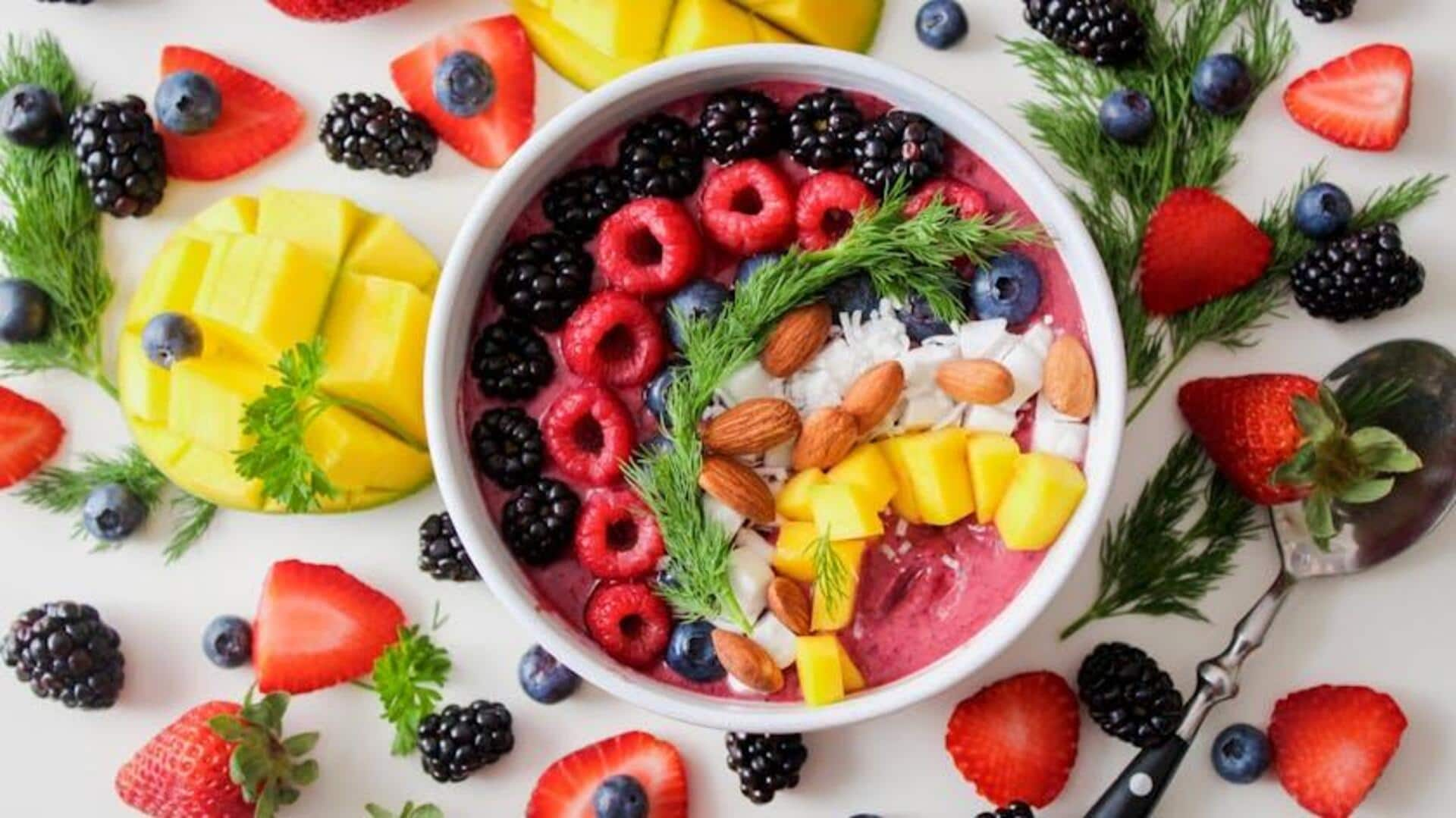
5 breakfast myths you should stop believing
What's the story
Breakfast is often hailed as the most important meal of the day, but a lot of misconceptions surround its nutritional value. These myths can lead to confusion about what constitutes a healthy breakfast and how it impacts our overall health. By examining these common beliefs, we can better understand how to make informed choices that support our well-being without falling prey to misinformation.
Myth 1
Skipping breakfast leads to weight gain
The notion that skipping breakfast directly translates to weight gain is prevalent. However, studies indicate that weight control is more a function of your daily caloric intake and expenditure than the timing of meals. Some people may find that by skipping breakfast, they consume fewer calories in the day. Others may binge later on if they skip this meal. It all comes down to what suits you.
Myth 2
Breakfast boosts metabolism significantly
Many swear by the belief that eating breakfast greatly enhances metabolism for the day. Although eating does raise metabolic rate slightly through digestion cycles, this isn't particular to breakfast, and is pretty negligible in terms of calorie burning. The real deal with metabolism is staying active and eating a balanced diet, instead of just focusing on what time to eat.
Myth 3
Carbohydrates at breakfast are bad
Carbohydrates have been unfairly demonized in recent years, so much so that some even avoid them at breakfast altogether. In reality, carbohydrates are an essential energy source for our bodies and brains. Opting for whole grains such as oats or whole wheat bread offers fiber and nutrients needed for sustained energy levels throughout the morning without causing rapid spikes in blood sugar.
Myth 4
Protein is not necessary at breakfast
Some people think protein isn't required at breakfast, but having protein can keep you full till lunchtime by slowing down digestion and encouraging fullness. Adding sources like yogurt or nuts into your morning regime ensures you get enough nutrition while also aiding muscle maintenance and repair.
Myth 5
All cereals are unhealthy choices
Cereals often get a bad rap for their sugar content, but that's not the case with all of them. Many offer whole grains and little added sugars, providing essential vitamins, minerals, and fiber. This helps with digestion and keeps you fuller longer than sugary options, making them an excellent choice for a healthy kickstart to the day when chosen according to ingredient labels and nutrition facts.